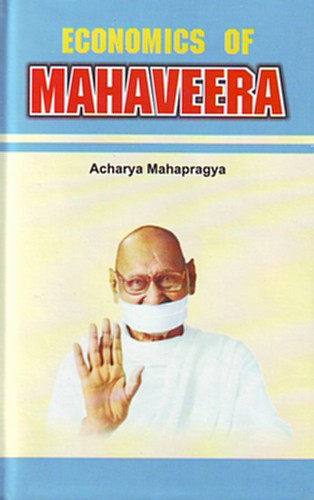
Unless we establish a linkage with the inner or emotional conditions, the problems of poverty, unemployment and population cannot be solved. If we were guided only by the apparent and the general conditions, it would only be a one-sided point of view. Likewise, if we go only by internal factors, then also it would be one-sided point of view. In terms of anekant, we should move by harmonizing both the intrinsic and extrinsic world of man. The inner world has to be changed and the external world has also to be changed.
The socialist philosophy has done one great thing, that is, the experiment of dissociation of ownership of material means from the enjoyment of wealth. It was welcome and meaningful proposition: the property does not belong to the individual but to the society. The individual has no authority over it. This was and also is a very important philosophy. Whatever shape communism might have taken, the rationale and the belief that was at the back of communism cannot be undermined in its significance.
Compare the two, the philosophy of Mahavira and the concept of communism. Mahavira says that mother is not mine, father is not mine, brother is not mine, wealth is not mine, house is not mine, wife is not mine, daughter is not mine.
Communism made a similar experiment. A child is born and is separated from the family. From the very beginning, a culture is developed that 'it is not mine'. As long as the feeling of possession remains, a person will not do justice and will not be honest to the society. Wealth is not an individual's property; it belongs to the society. This is a broad philosophy that socialism gave.
 Acharya Mahaprajna
Acharya Mahaprajna

